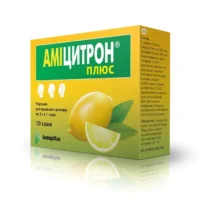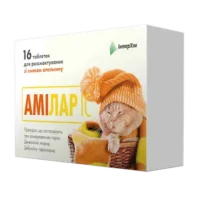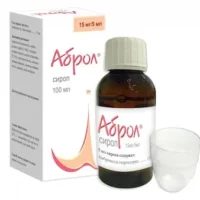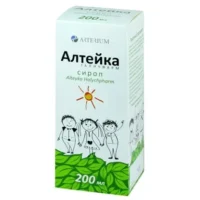Description
Teraflu Extra (Paracetamol, Phenylephrine) Powder for Oral Solution Sachets №10
Ingredients
- Paracetamol: 500mg
- Phenylephrine: 10mg
Dosage
Adults and children over 12 years: Dissolve the contents of one sachet in hot water and drink. Repeat every 4-6 hours as needed. Do not exceed 4 sachets in 24 hours.
Indications
Teraflu Extra is indicated for the relief of symptoms associated with colds and flu, including headache, fever, nasal congestion, and sinus pressure.
Contraindications
Do not use Teraflu Extra if you are allergic to paracetamol or phenylephrine. Consult a healthcare professional before use if you have high blood pressure, heart disease, or are taking other medications.
Directions
Empty one sachet into a cup, add hot water, and stir until dissolved. Drink while hot. Do not mix with other cold or flu medications.
Scientific Evidence
Teraflu Extra combines the analgesic and antipyretic properties of paracetamol with the decongestant effects of phenylephrine. Studies have shown that this combination provides effective relief from cold and flu symptoms.
- Clinical trials have demonstrated that the use of paracetamol in combination with phenylephrine can significantly reduce nasal congestion and improve overall well-being in patients with upper respiratory tract infections.
Additional Information
It is important to follow the recommended dosage and not exceed the stated daily limit to avoid potential side effects or overdose. If symptoms persist, consult a healthcare provider.
Keep Teraflu Extra out of reach of children and store in a cool, dry place. Discontinue use if any adverse reactions occur.





